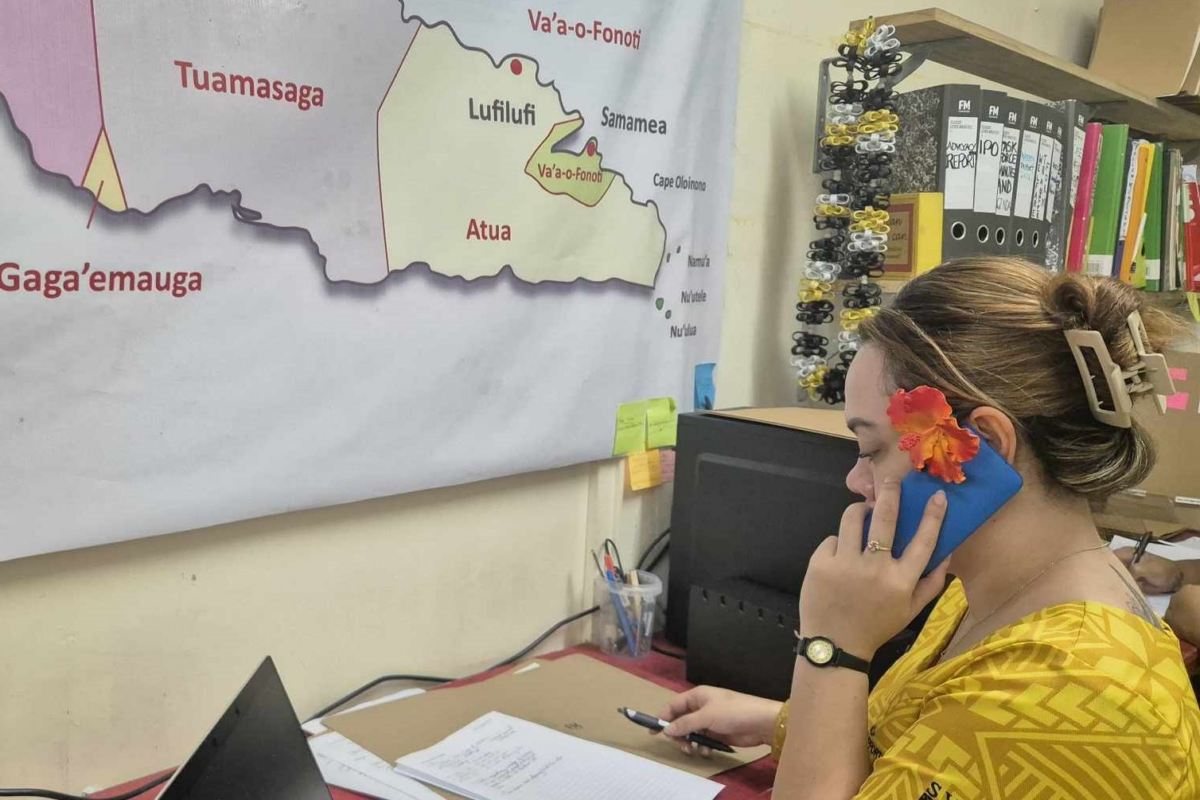
Is Suicide Decriminalised?
Uncertain
Are Crisis Lines Available?
Yes
National Suicide Prevention Strategy?
Uncertain
Population in Need of Support Per Year
Based on the WHO likely attempted suicide rate.
As a calculation of population size against suicide rate
Strength Of Support (Local Qualitative Assessment)
Population
Suicide Rate Per 100K Per Year, all Sexes (SDG 3.4.2)
Suicide Deaths Per Year (By Population)
Libya, officially known as the State of Libya, is located along the Mediterranean coast in North Africa. The country boasts a rich cultural heritage reflecting influences from Berber, Arab, and Ottoman traditions. Berbers are famous for their distinctive language and traditions, including the Amazigh script. Sunni Islam is the predominant faith in Libya, with Sufism also having a notable presence.
The legal system in Libya is a combination of Islamic Law (Sharia) and Civil Law which Libya inherited colonial-era laws from Italy where. Although laws against attempted suicide were struck from the statutes in Italy in 1889, they have remained in the corpus of other laws around the world.
The World Health Organization (WHO) advocates for the decriminalisation of suicide and suicide attempts. Finding out more and removing such laws removes stigma and allows avenues for providing appropriate mental health support to individuals in crisis.
Criminalising suicide punishes distress. Decriminalising suicide saves lives.






